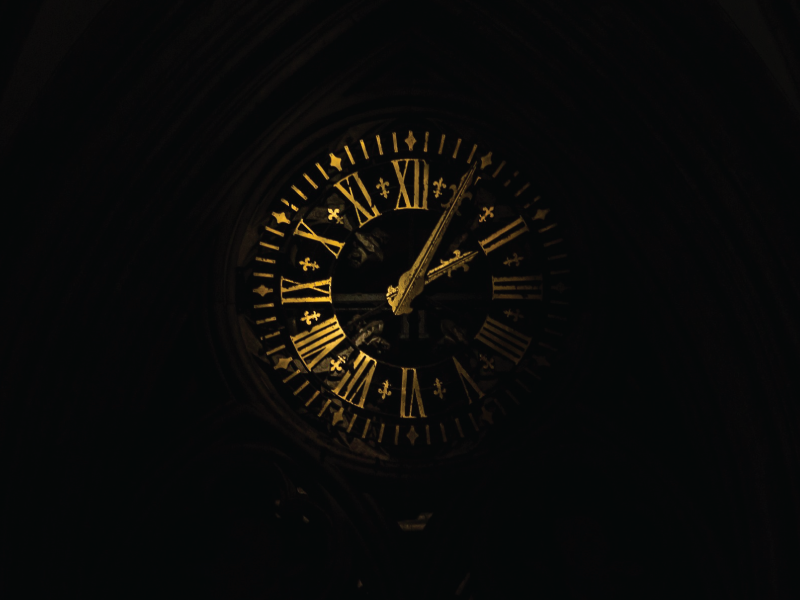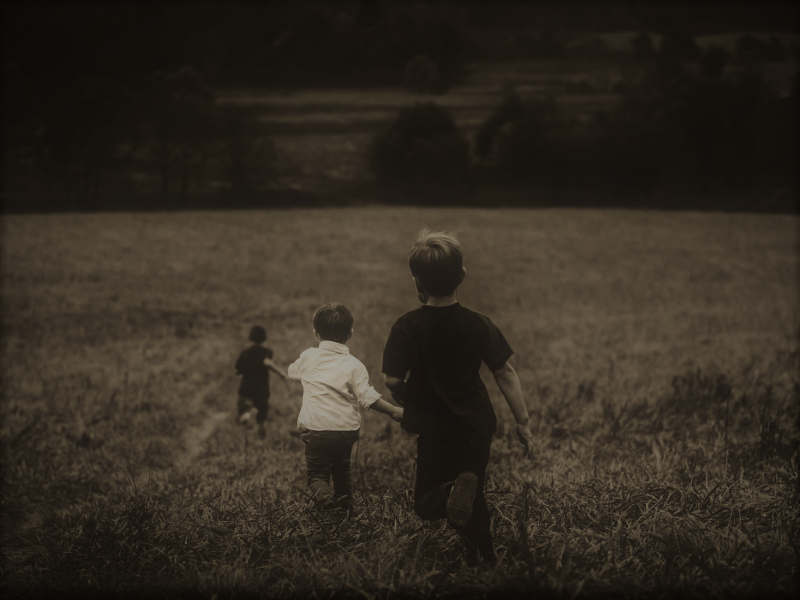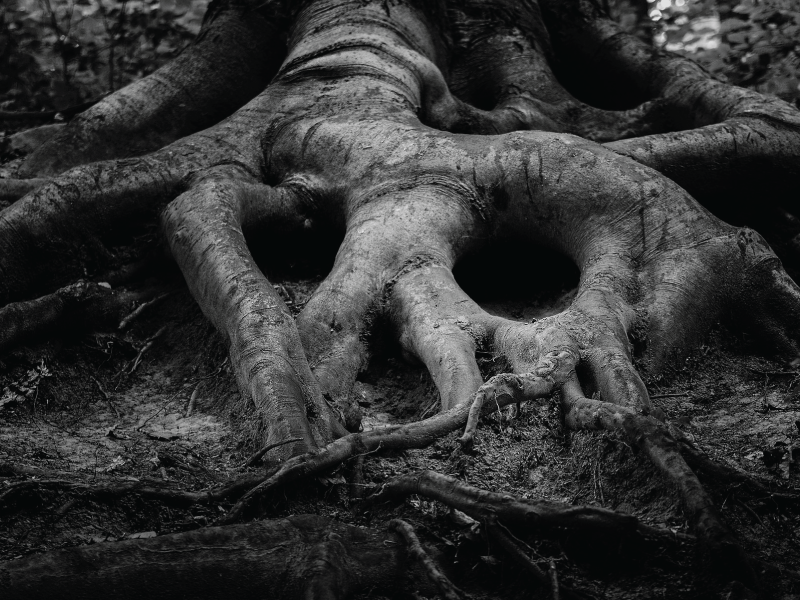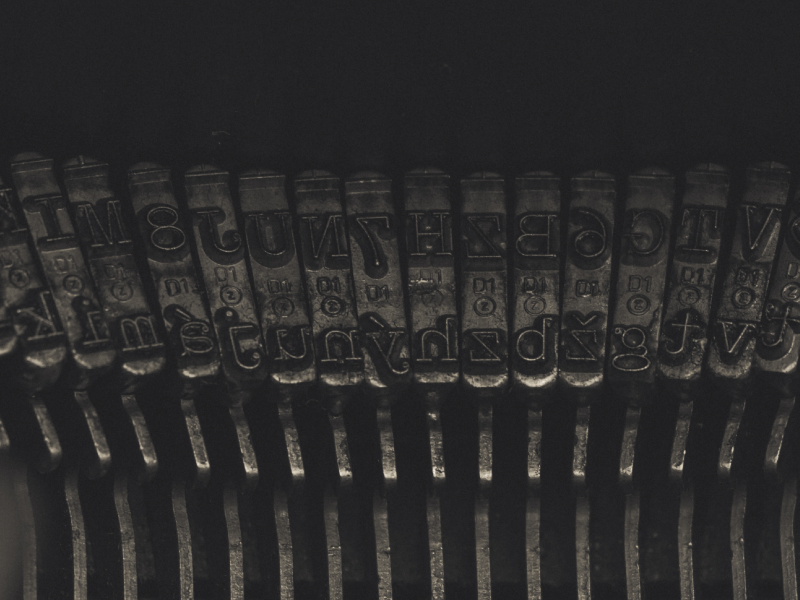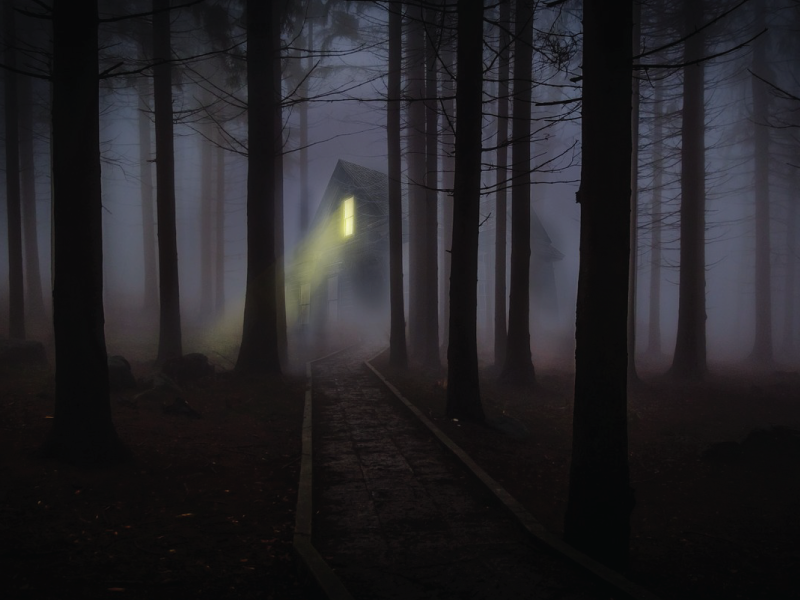How do you alter the chronology of a story and still maintain its spine? What do you have to consider to effectively execute this unique type of storytelling? How do you do it without losing your audience? Adam and Devin finish their conversation about nonlinear storytelling.
Podcast: Play in new window | Download
Subscribe: RSS

